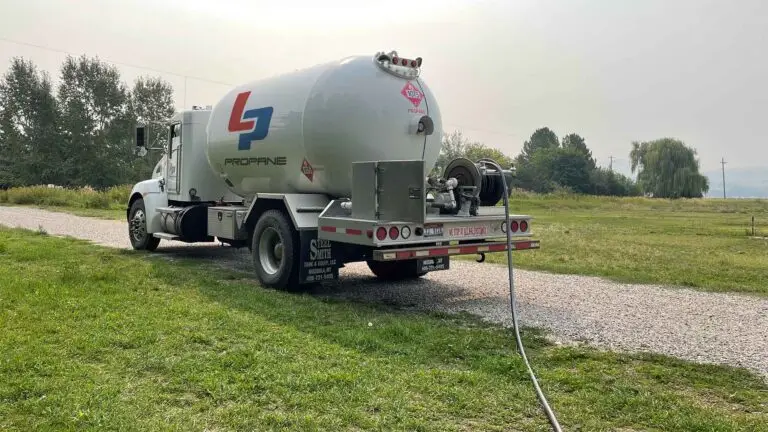
Propane Tank Monitoring Technology The Intelligent Gauges, IoT & Automation
Propane Tank Monitoring Technology The Intelligent Gauges, IoT & Automation In a world where connected devices, real-time information, and data are the norm, the propane tank is undergoing significant changes. It’s no longer something that can be viewed to determine

